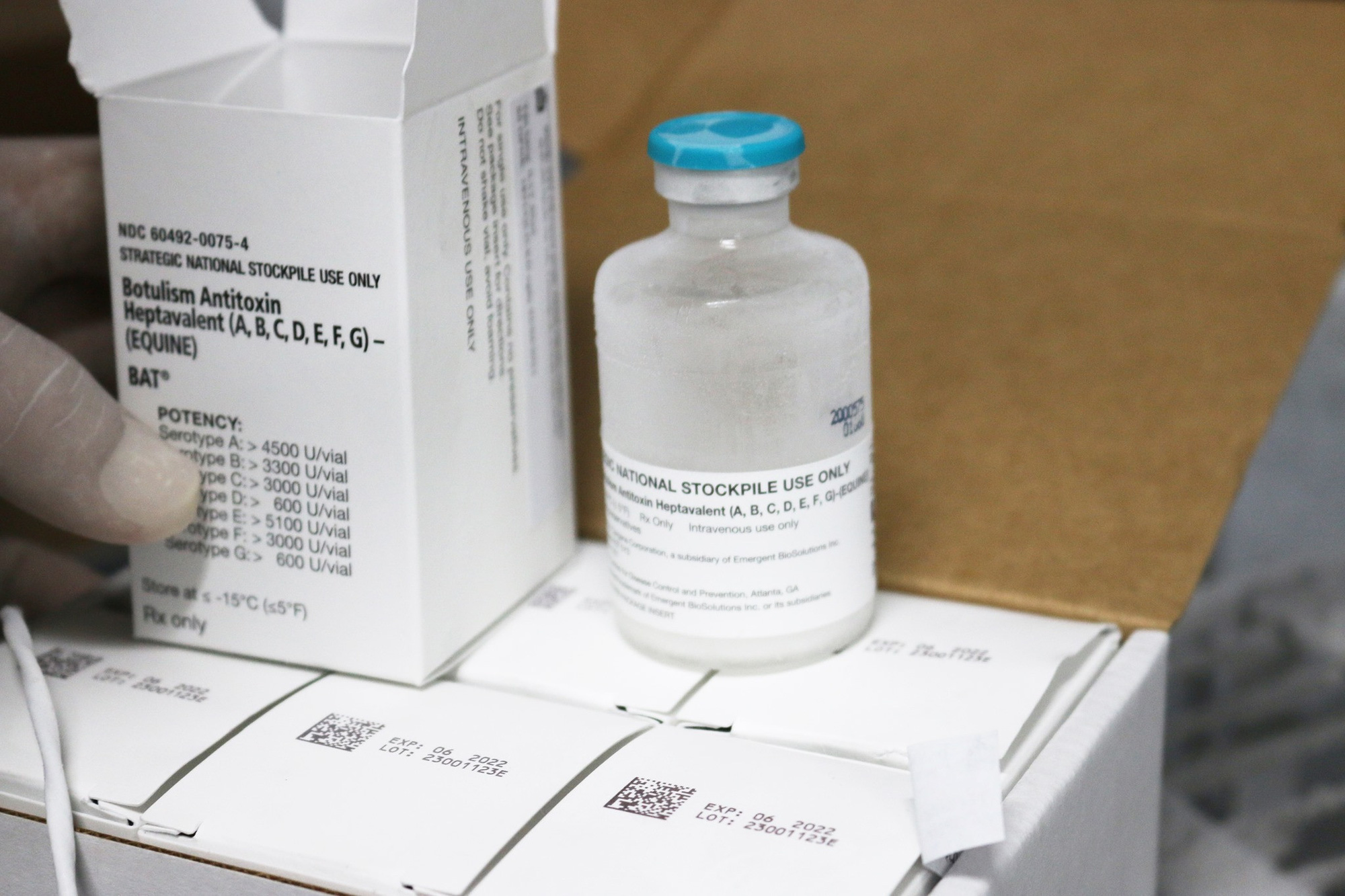Vietnam is set to have three to six storage centers for rare drugs across the country, the Ministry of Health’s Drug Administration of Vietnam (DAV) announced on Saturday.
Le Viet Dung, deputy head at DAV, said that the health ministry is ramping up efforts to develop the storage centers for around 15-20 rare drugs and those in short supply, including botulism antitoxins.
Besides, the DAV was working with the World Health Organization (WHO) to study the latter's mechanism of drug storage, and to establish a connection between the storage of rare drugs and those in short supply in Vietnam as well as other neighboring countries and WHO storage facilities.
As the country's legal framework for rare drugs is basically complete, the DAV asked healthcare facilities nationwide to stay proactive in forecasting demand and disease risks.
Hospitals across the country need to estimate and purchase a sufficient volume of drugs to satisfy their treatment demand, especially rare drugs, the DAV official said.
As for the botulinum poisoning cases recently detected in Ho Chi Minh City, the health ministry had supported the hospitals where the botulism patients were in treatment in contacting foreign suppliers and the WHO to seek the antidotes, after being informed that botulism antitoxins were out of stock nationwide, Dung elaborated.
The WHO then shipped six vials of Botulism Antitoxin Heptavalent (BAT) from its storage facility in Switzerland to Vietnam on Wednesday to help treat the patients.
According to the U.S. Centers for Disease Control and Prevention, botulism is a rare but serious illness caused by a toxin that attacks the body’s nerves.
Symptoms of botulism usually start with weakness of the muscles that control the eyes, face, mouth, and throat. This weakness may spread to the neck, arms, torso, and legs.
Besides, botulism can weaken the muscles involved in breathing, which can result in difficulty breathing and even death.
To avoid foodborne botulism, the Vietnam Food Safety Authority, under the Health Ministry, advised local people to strictly adopt food hygiene and safety practices, only consume food of clear origin, stop using expired canned food and food containers that appear damaged, bulging, or leaking.
People who develop the above-mentioned symptoms after consuming canned food should visit the nearest medical facility in their area for treatment.
Like us on Facebook or follow us on Twitter to get the latest news about Vietnam!





















































